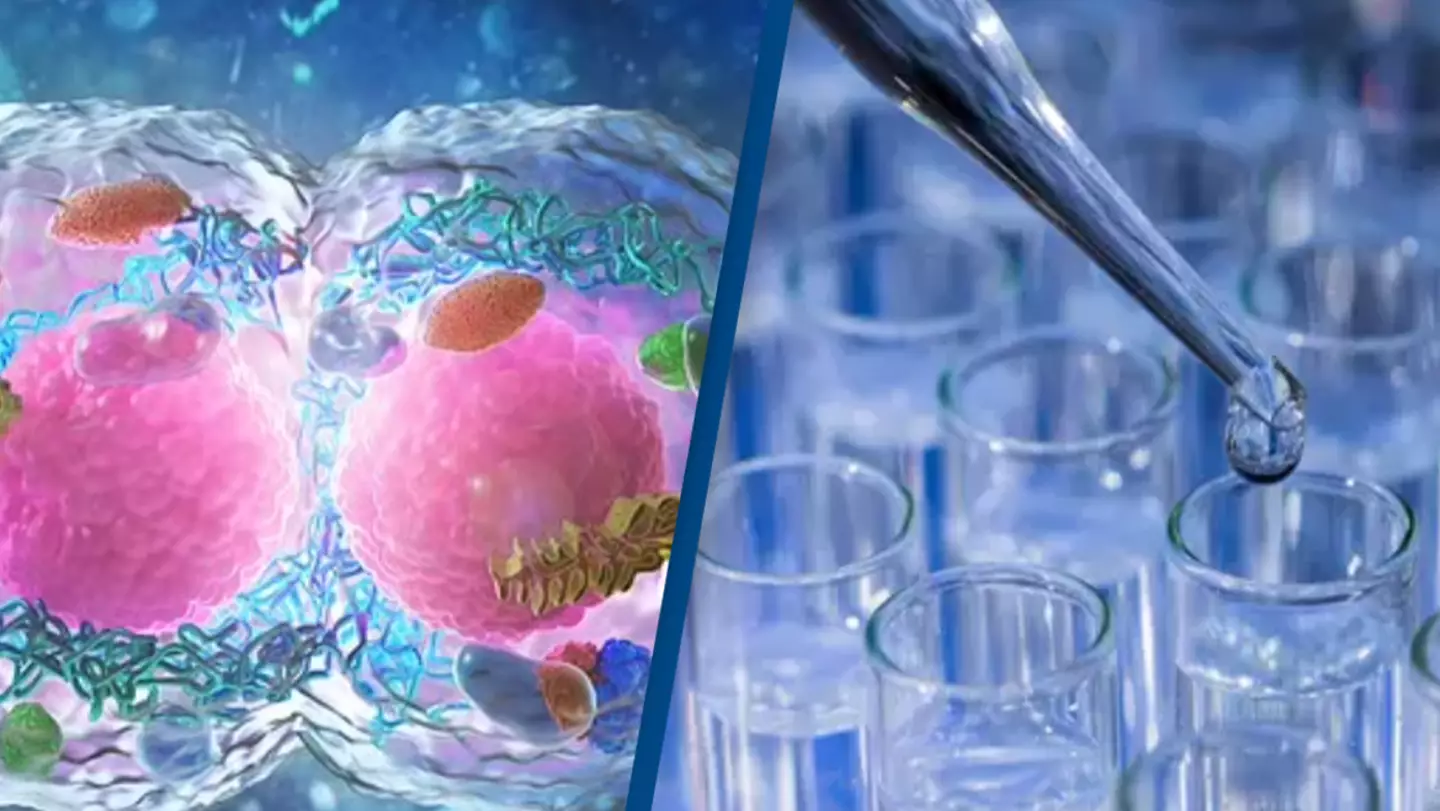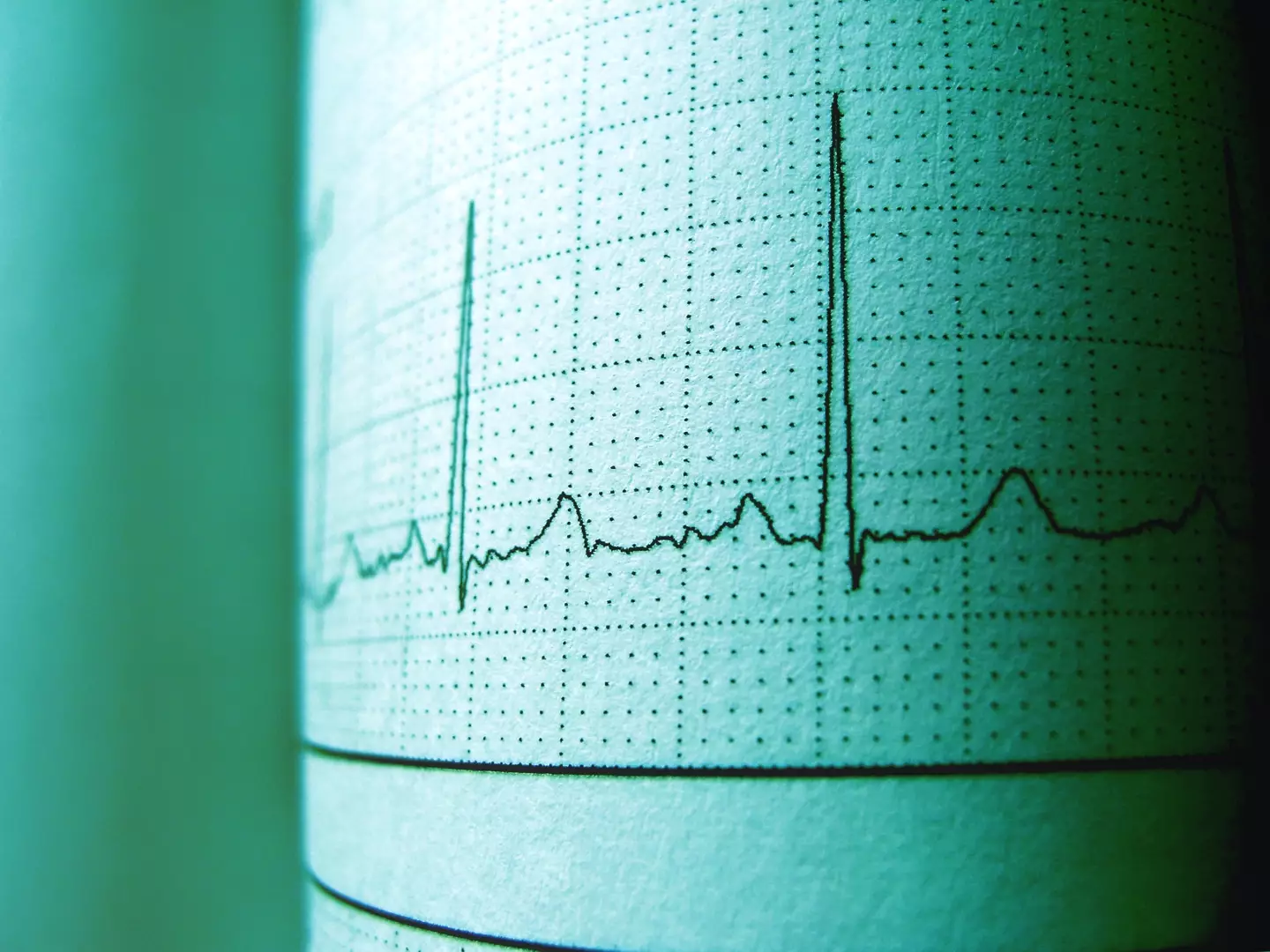
Scientists have been able to successfully create a model embryo with a heartbeat without using eggs or sperm.
The synthetic structure offers researchers a better look into the first weeks of human life, having been grown in culture from embryonic stem cells before being transferred into a bottle which was designed to act as an artificial uterus.
They didn't use eggs or sperm, and there was no fertilisation involved, but still it replicated some of the cells and structures that would usually appear within the first month of pregnancy.

These structures included beating heart cells, which normally emerge in a natural embryo after 23 days, as well as traces of red blood, which usually appear in the fourth week of pregnancy.
Advert
Scientists did not see any evidence that the model embryo had the beginnings of a brain, and since the structures lacked some of the features crucial for guiding development, such as the placenta and yolk sac precursors, they began to stray from the norm over time.
Nonetheless, the creation has proved extraordinary for the team which included Dr Jitesh Neupane, of the University of Cambridge’s Gurdon Institute.
Dr. Neupane told The Guardian: “I randomly took my plate under the microscope and when I saw the [heartbeat] for the first time I was scared, honestly. I had to look down and look back again. It was overwhelming for me. People get emotional when you see the heartbeat.”

The scientist has stressed the creations are 'neither embryos nor are [they] trying to make embryos actually'.
Advert
"They are just models that could be used to look into specific aspects of human development," he explained.
While the creation of synthetic embryos is a contentious topic, the team specifically designed their creation so it lacked the tissues which usually form the placenta and yolk sac, meaning there was no theoretical potential that it would develop into a foetus.
The team therefore argued that the experiments were ethically uncontroversial.
“At the later time points they don’t have all the features of embryos,” Neupane continued. “It would be dangerous to compare them directly to in vivo embryos.”
Advert
Neupane spoke about the experiments at the International Society for Stem Cell Research’s annual meeting in Boston on Saturday (17 June), though the findings are yet to be published in a peer-reviewed journal paper.
In the future, such lab-grown entities could provide researchers with insight to the causes of miscarriages, the impact of genetic disorders and the effects of drugs on embryos.
Sarah Norcross, director of a charity which helps people struggling with infertility and genetic conditions, called Progress Educational Trust, commented: “The sophistication of the stem-cell-based embryo models that can now be created is testament to the talent of the researchers working in this area.
"For all this sophistication, however, we must remember that these models are not actual human embryos.”
Topics: Science, World News